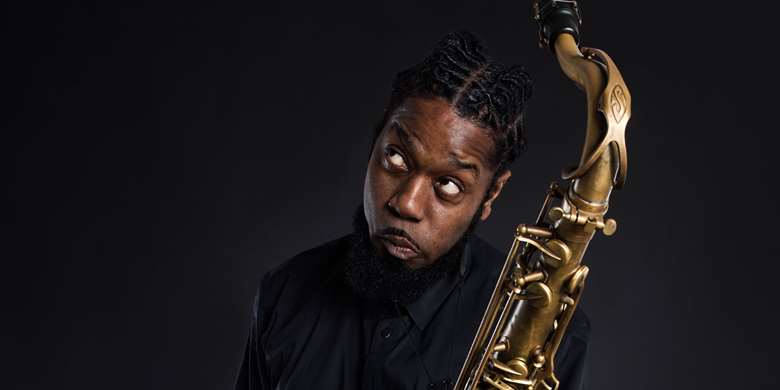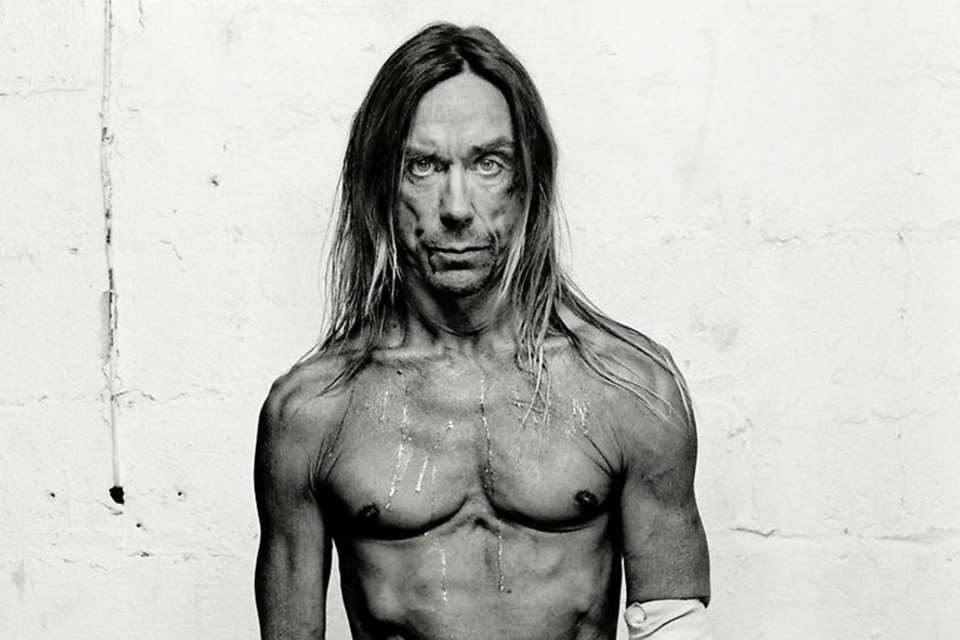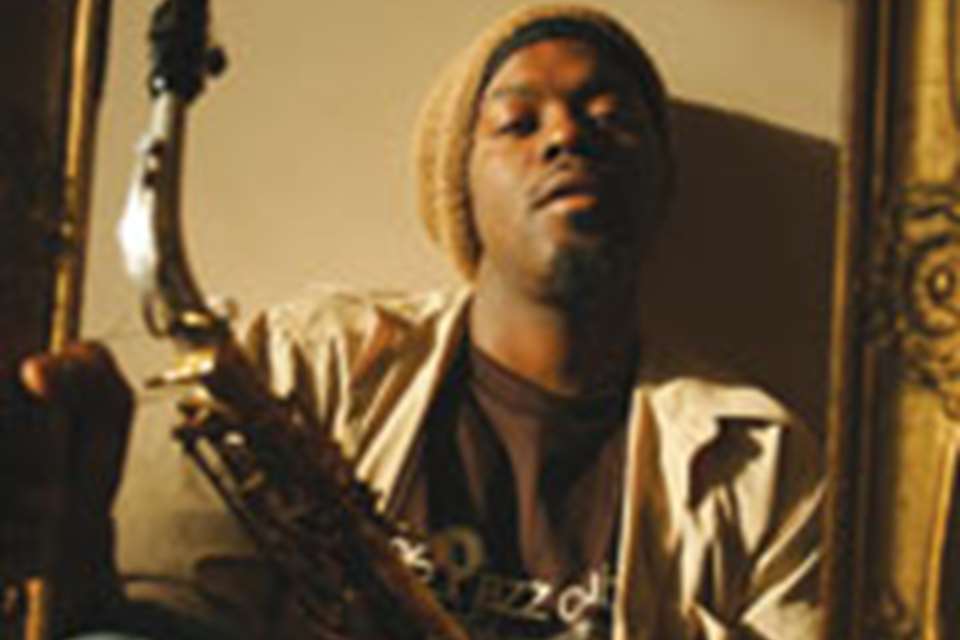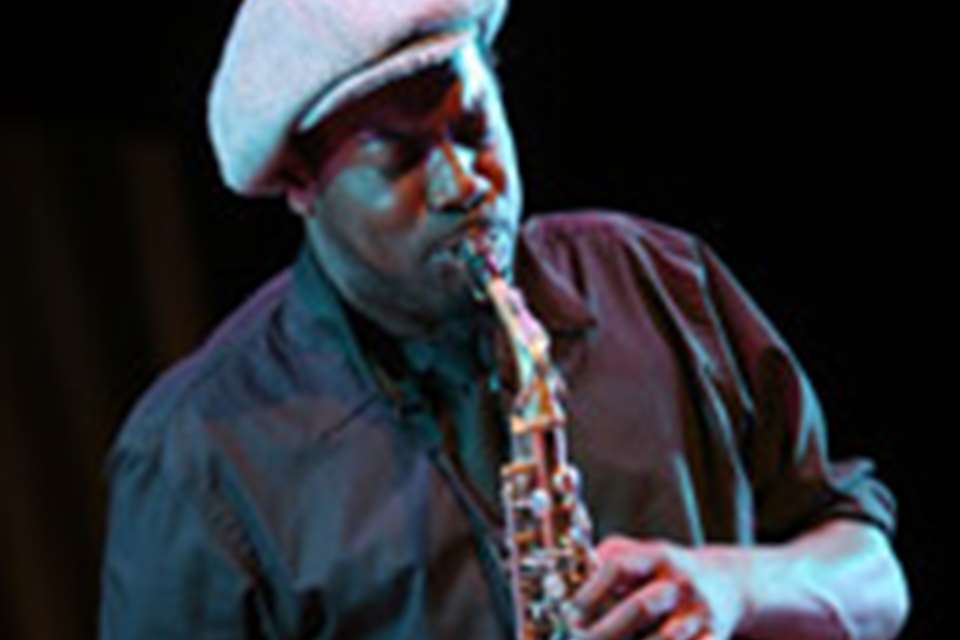Soweto Kinch: “You can’t define Britain in the last century without black dance and black music”
Kevin Le Gendre
Wednesday, November 13, 2019
In an era of populist politics and scaremongering over the presence of ‘the other’ it’s no surprise that xenophobia and bigotry are widespread. However, the historical roots of such scourges run deep. Saxophonist and rapper Soweto Kinch’s dynamic new work, The Black Peril, focuses on a dark chapter of British history that has tragically contemporary resonances. Kevin Le Gendre found out more


Register now to continue reading

Thank you for visiting Jazzwise.co.uk. Sign up for a free account today to enjoy the following benefits:
- Free access to 3 subscriber-only articles per month
- Unlimited access to our news, live reviews and artist pages
- Free email newsletter



